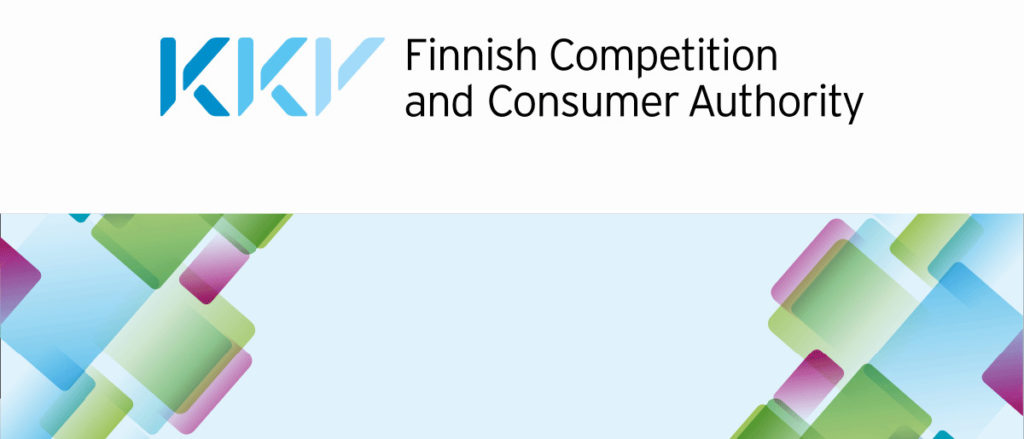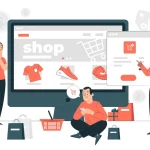 The Consumer Ombudsman has advised companies that the same rules apply to chat sales as all other distance selling. Companies must ensure that even during the corona pandemic they provide their customers with sufficient information to support decision-making also in chat channels.
The Consumer Ombudsman has advised companies that the same rules apply to chat sales as all other distance selling. Companies must ensure that even during the corona pandemic they provide their customers with sufficient information to support decision-making also in chat channels.
The coronavirus has boosted distance selling, such as online and tele sales. There are also various chat and live feed vendors. Today sales take place increasingly also in instant messaging applications and social media channels.
The Consumer Ombudsman notes that consumers have the same rights regardless of sales type. The method of delivery of the product is also irrelevant in distance selling. A sale is considered distance selling if the contract itself has been entered into remotely, even when the agreed method of delivery is in-store collection.
Consumer Ombudsman to companies: all distance selling must comply with the law
The Consumer Ombudsman has investigated the use of chats as a sales channel for operators and certain electricity companies and reminded them of the rules of the remote commerce.
 “It is in the interest of consumers that companies offer a variety of ways to shop online, but it is also important to remember to comply with legislation that protects the consume in all distance selling. In some cases, the right to withdraw had been explained either inadequately or not at all, even though the right to withdraw is particularly important for the consumer in distance selling,” says Consumer Ombudsman Katri Väänänen.
“It is in the interest of consumers that companies offer a variety of ways to shop online, but it is also important to remember to comply with legislation that protects the consume in all distance selling. In some cases, the right to withdraw had been explained either inadequately or not at all, even though the right to withdraw is particularly important for the consumer in distance selling,” says Consumer Ombudsman Katri Väänänen.
In addition, the Consumer Ombudsman has drawn attention to additional sales in chat sales, i.e. the offering of products related to the actual purchase. The Consumer Ombudsman reminded companies that consumers must be provided information on such things as the main characteristics of the products that are offered as additional sales.
Tips for chat shopping
During a chat sale, clear and concise information must be provided prior to an order being placed on the main features of the product, the company’s name, the product’s price, delivery and other additional costs, and on the right to withdraw. Even if you have familiarised yourself with the product in advance on the company’s website, the chat salesperson must provide information on the product’s main features of their own initiative. The salesperson must also provide information on the terms and conditions concerning the right to withdraw. The majority of products bought through distance sales include the right to withdraw within a period of 14 days. During this time, the consumer can cancel the purchase without giving a specific reason for doing so.
A chat salesperson must inform the consumer of the duration of the agreement, the terms and price of the termination of the agreement before an order is placed. If you are about to enter into an agreement that is valid for an indefinite period of time or includes recurring payments, the total price of the agreement must include all overall sum of all the costs over the invoicing period. The price for fixed-term agreements must be stated in full for the entire period of the agreement. For example, it is not sufficient for the during a chat only a sum to be paid monthly is mentioned.
As there is a limited amount of space in chat sales, the rest of the advance information may be provided by redirecting you to the company’s website. See more information on distance selling here.
 Starting from July 15, the Finnish Consumer Ombudsman got a broader instrument repertoire available to intervene in consumer protection violations. Now, the Consumer Ombudsman may, for example, apply for the imposition of a sanction fee. In addition, the Consumer Ombudsman may intervene in illegal content that violates consumer protection provisions published in a digital environment, for example by ordering them to be removed from a website or social media platform. Access to a specific website may also be prevented or restricted.
Starting from July 15, the Finnish Consumer Ombudsman got a broader instrument repertoire available to intervene in consumer protection violations. Now, the Consumer Ombudsman may, for example, apply for the imposition of a sanction fee. In addition, the Consumer Ombudsman may intervene in illegal content that violates consumer protection provisions published in a digital environment, for example by ordering them to be removed from a website or social media platform. Access to a specific website may also be prevented or restricted.




